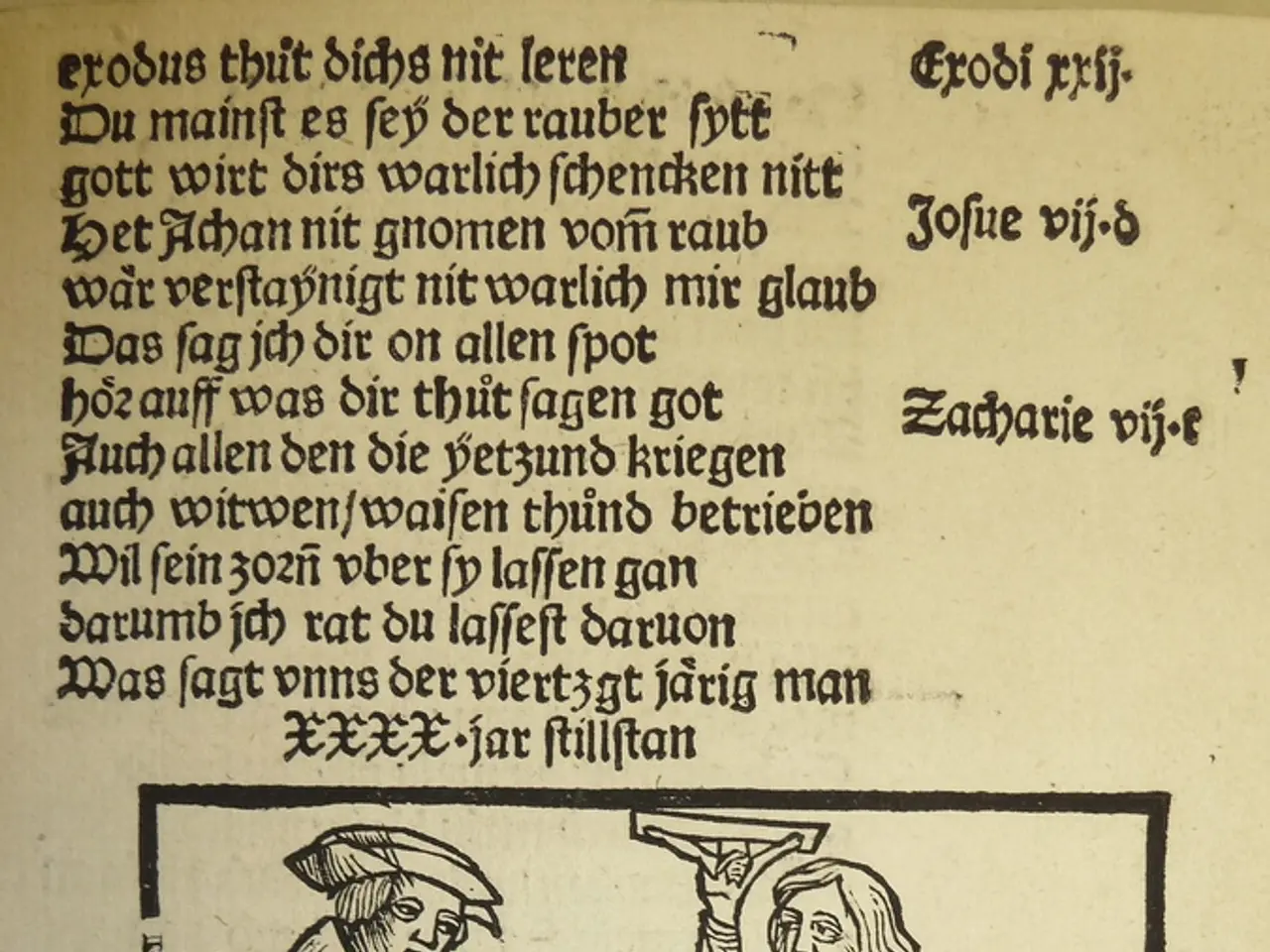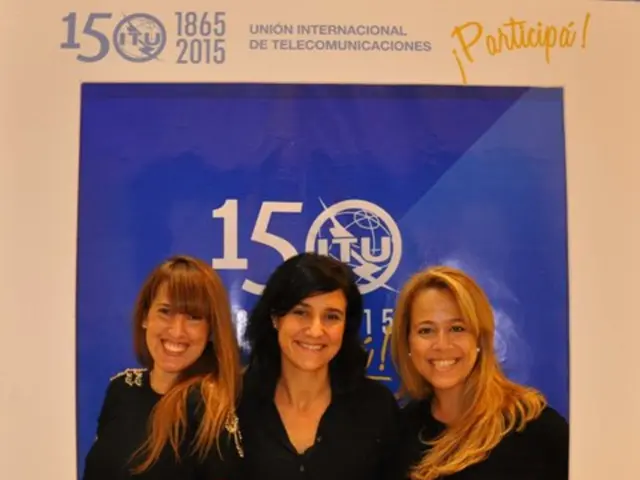Celebratory Words on Father's Day in the Realm of Language
A Unique Celebration of Father's Day in Taiwan and the Universal Language of Fatherhood
The words we use for our fathers are more than just sounds; they are echoes of our earliest bonds and the universality of love. This Father's Day serves as a quiet celebration of the language that connects us to our fathers, across tongues, across time.
In many parts of the world, the term for father is "papa" or "dad". But in Taiwan, the word "baba" holds a special significance. This is because Taiwan celebrates Father's Day uniquely on August 8th, a date chosen because the number 8 repeats and the pronunciation closely resembles the word baba in Mandarin, meaning father in the language.
The similarity between baba in Mandarin and English's "papa" or "baba" arises from common infant babbling patterns widespread across many languages. These sounds, like "ba," "pa," and "ma," are easy for infants to produce and thus widespread as familial terms globally. The Mandarin word baba shares this phonetic origin with many other languages' informal father terms, reflecting parallel evolution rather than direct linguistic inheritance.
The English "papa" and Persian "baba" share an Indo-European root, but the Mandarin baba is considered onomatopoeic and independent in origin despite the phonetic similarity. The word "mother" is a profound example of linguistic universality, with the "ma" part of the English word corresponding to "ma" or "mom" in many languages, a sound nearly every language on Earth uses for "mother."
In Mandarin, the formal term for "father" is fuqin (父親) and the informal term is baba (爸爸). The character for "father" (父) in traditional Chinese calligraphy visually resembles two sinographs for "eight" (八) written vertically.
The world's first official Father's Day was celebrated in the state of Washington, USA, in 1910. Many countries have since adopted the third Sunday of June as Father's Day. In 1972, the third Sunday of June was established as a national holiday honoring fathers in the USA by President Richard Nixon.
The early sounds for "mother" and "father" are not just linguistically convenient but are emotionally primal, instinctively tied to the people who raise us. The "ther" part of the English word "mother" is a suffix that appears on Indo-European kinship terms, likely meaning "family member." The evolution from "p" to "f" in the English word "father" is explained by Grimm's Law, a foundational principle describing systematic sound shifts in Indo-European languages.
Hugo Tseng, a lexicographer and former chair of Soochow University's English Department with a doctorate in linguistics, sheds light on the fascinating world of language and its impact on our lives. His work underscores the importance of understanding the origins and evolution of the words we use every day, and how they shape our relationships, traditions, and cultures.
This Father's Day, let us take a moment to appreciate the language that connects us to our fathers, and the universal bond that transcends borders and cultures. Whether we say "papa," "dad," "baba," or something else, the love and gratitude we feel for our fathers remain the same.
Despite the unique way Taiwan celebrates Father's Day on August 8th, the word "baba" shares a phonetic similarity with many other languages' informal father terms, reflecting parallel evolution in the early sounds for "father" worldwide. A common bond manifested in our lifestyles at home and garden, the choice of terms we use for our fathers reflects not just linguistic convenience, but also an emotionally primal connection that transcends cultural boundaries.






